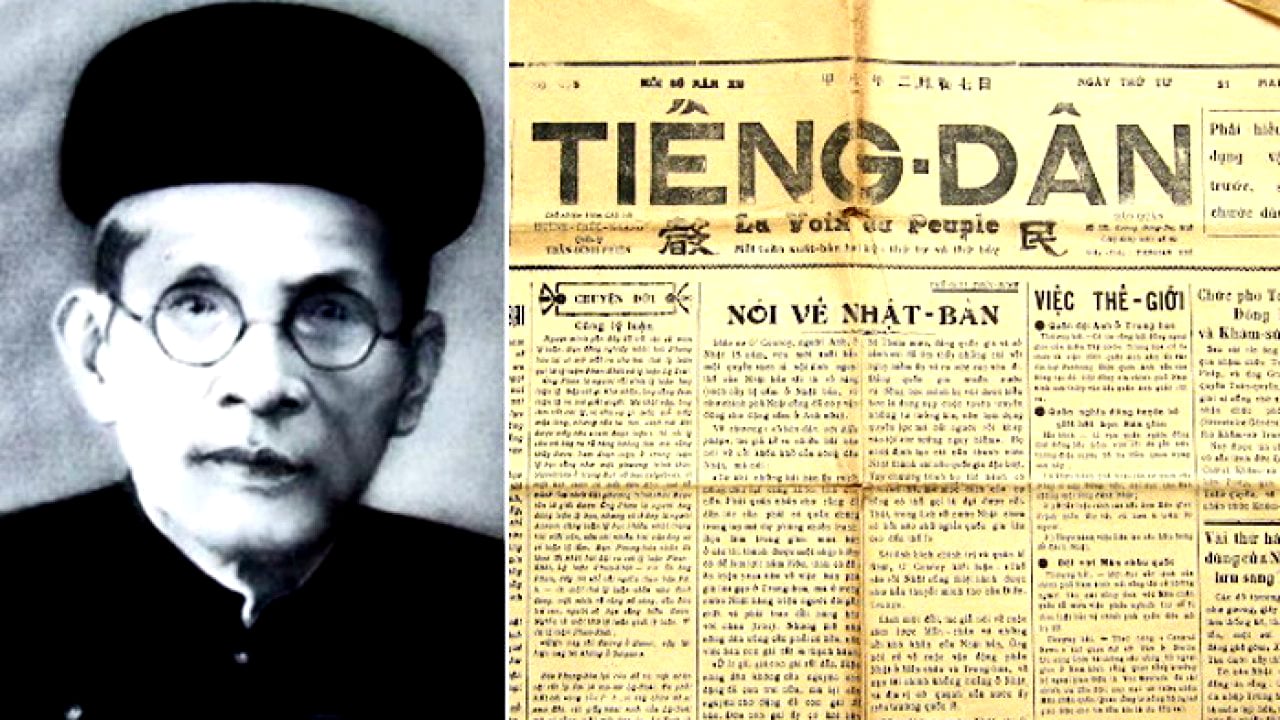 |
| Mr. Huynh Thuc Khang bravely and steadfastly fought openly against French colonialism in many forms, including the newspaper Tiếng Dân. Photo: Document |
I called Mr. Le Van Nhi, Editor-in-Chief of Quang Nam Newspaper, to discuss the plan to return to Tien Phuoc and Duy Xuyen to consolidate documents for the Historical Site of the Journalism School and the Provincial Journalism Award of Thai Nguyen named after Mr. Huynh Thuc Khang, and at the same time write a memoir about the martyr journalist Duong Thi Xuan Quy, who died in Duy Xuyen in 1969. Mr. Nhi enthusiastically agreed to help...
So we arrived at Tien Canh commune, Tien Phuoc district, the hometown of patriot Huynh Thuc Khang. The memorial house of Mr. Huynh has an area of 2,100m2. This is a national historical - cultural relic, about 35km west of Tam Ky city. The old house was built by Mr. Huynh Thuc Khang's father in 1869, in the architectural style very popular under the Nguyen Dynasty. The house has an area of over 90m2 including 3 rooms, tiled roof, wooden frame with sophisticated carvings. The relic has been restored and embellished many times, displaying a number of relics and documents related to his career, revolutionary life. Tien Canh people are proud of their homeland, make efforts in labor production, so Tien Canh commune is considered a fairly good one in Tien Phuoc district...
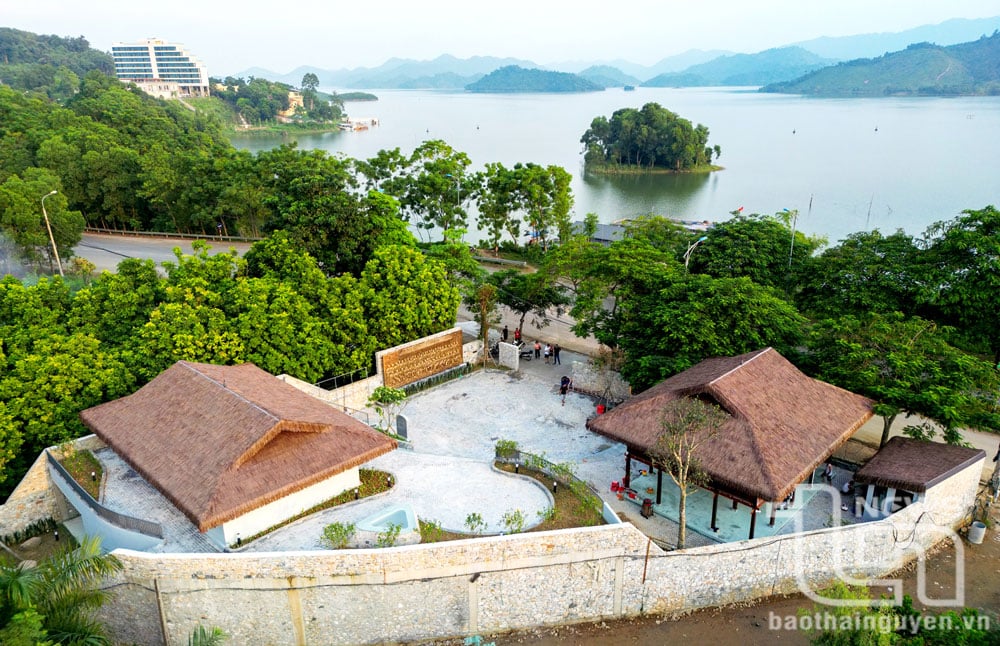 |
| National Historical Site Huynh Thuc Khang Journalism School is located on the shore of Nui Coc Lake. |
Born on October 1, 1876 in Quang Nam, he knew how to write at the age of 13, took the regional exam at the age of 16, passed the doctoral exam at the age of 29 and became famous as one of the three most literate people in the Hue capital at that time. Although he was a good student, passed the exam with high scores, and became famous early, Mr. Huynh Thuc Khang did not become an official but, together with patriotic scholars of the time such as Phan Chau Trinh, Tran Quy Cap, and Luong Van Can, initiated the Duy Tan movement, actively campaigned and propagated patriotism, and fought to demand that the colonial government implement reforms to bring practical benefits to the people. Due to his participation in initiating the Duy Tan movement in Central Vietnam, which then developed into a vibrant movement of the masses, including the anti-tax movement in 1908, Mr. Huynh was arrested by the French colonialists and exiled to Con Dao for 13 years (1908-1921).
In July 1926, Mr. Huynh Thuc Khang was elected as the President of the Central Vietnam House of Representatives. However, after realizing that the House of Representatives did not truly represent the voice and aspirations of the people, he resigned to focus on his journalism and literary career. Mr. Huynh founded the newspaper Tiếng Dân in 1927, serving as the editor-in-chief for 16 years (1927-1943).
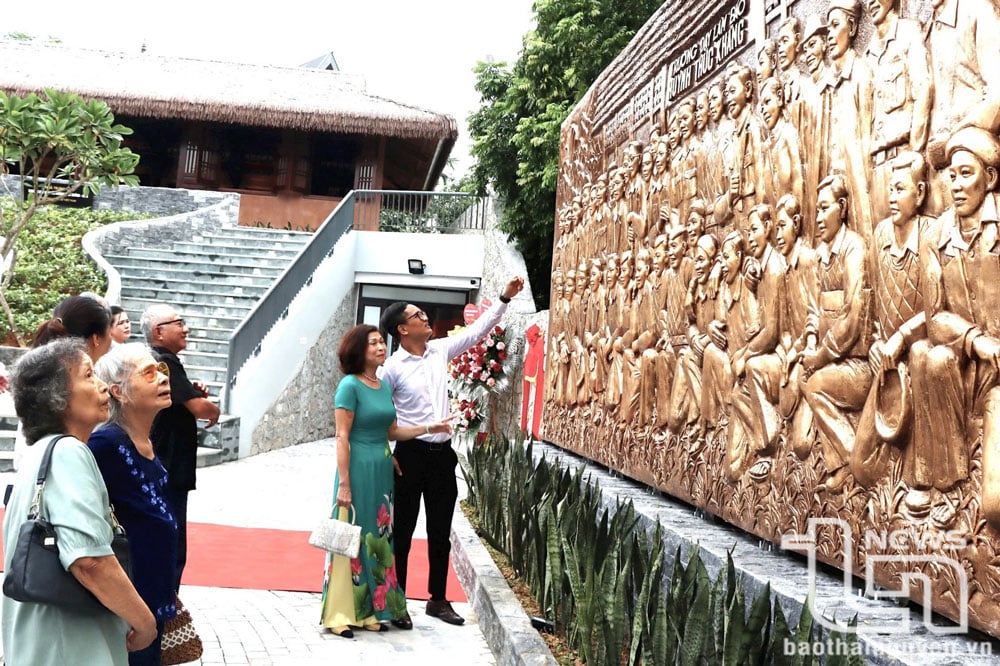 |
| Relatives of lecturers and students of Huynh Thuc Khang Journalism School visit the restored and embellished relic of the school located on the shore of Nui Coc Lake. Photo: TL |
After the success of the August Revolution in 1945, President Ho Chi Minh invited Mr. Huynh Thuc Khang to join the cabinet of the Resistance Coalition Government of the Democratic Republic of Vietnam as Minister of the Interior . In 1946, when President Ho Chi Minh visited France, Mr. Huynh Thuc Khang was appointed as Acting President. The national resistance war broke out, President Ho Chi Minh appointed Mr. Huynh Thuc Khang as the Government's Special Envoy to inspect the Central region to explain the resistance policy and call on all people to support the Government and the revolution. Due to old age, poor health and serious illness, Mr. Huynh passed away in Quang Ngai province on April 21, 1947 and was buried at Nghia Hanh mountain, Quang Ngai province.
During the State Funeral of the former President of the Democratic Republic of Vietnam, the Funeral Committee solemnly read a letter from President Ho Chi Minh sent to Quang Ngai: “Mr. Huynh was a man of extensive education, with a strong will and high morality. Because of his patriotism, he was previously punished by the colonialists and exiled to Con Dao. Over ten years of hardship and suffering, his loyalty and love for his country and people not only did not falter but also became more determined. Mr. Huynh was a man whose heart was not swayed by wealth, poverty did not discourage him, and power did not falter. All his life, Mr. Huynh did not care about fame, did not seek benefits, and did not desire to become rich. All his life, Mr. Huynh only fought for the people's freedom…”.
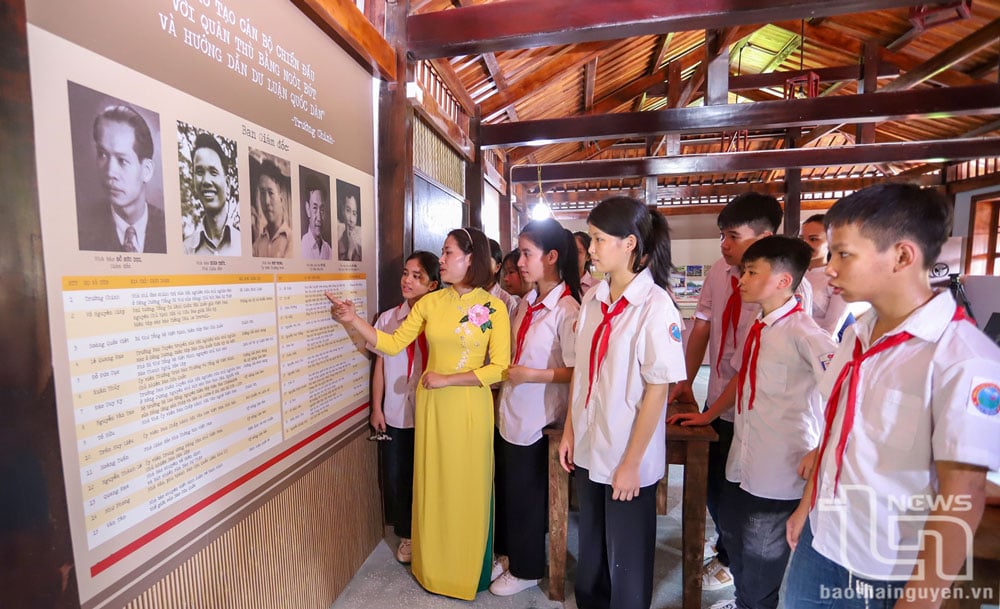 |
| Teachers and students of Tan Thai Primary and Secondary School (Dai Tu) visited the National Historical Site of Huynh Thuc Khang Journalism School. |
President Ho Chi Minh painfully wrote a few lines of eulogy in Chinese characters and sent them as condolences:
Alas!
Da Nang pool tidal disaster
Hai Van Pass in the clouds
April sad news comes
Where is Minister Huynh going?
Look to the Ministry of Interior
Talent and virtue pity each other
Thirty million compatriots
Painful tears fall.
Appreciating Mr. Huynh's noble qualities, Uncle Ho named the school training press cadres after Mr. Huynh. In the difficult circumstances of the resistance war, President Ho Chi Minh entrusted the lecturers and 42 students of Huynh Thuc Khang Journalism School with great expectations, the theoretical and practical foundations of a revolutionary press.
Source: https://baothainguyen.vn/xa-hoi/202504/huynh-thuc-khang-nha-bao-can-truong-va-nhan-hau-e970ec2/


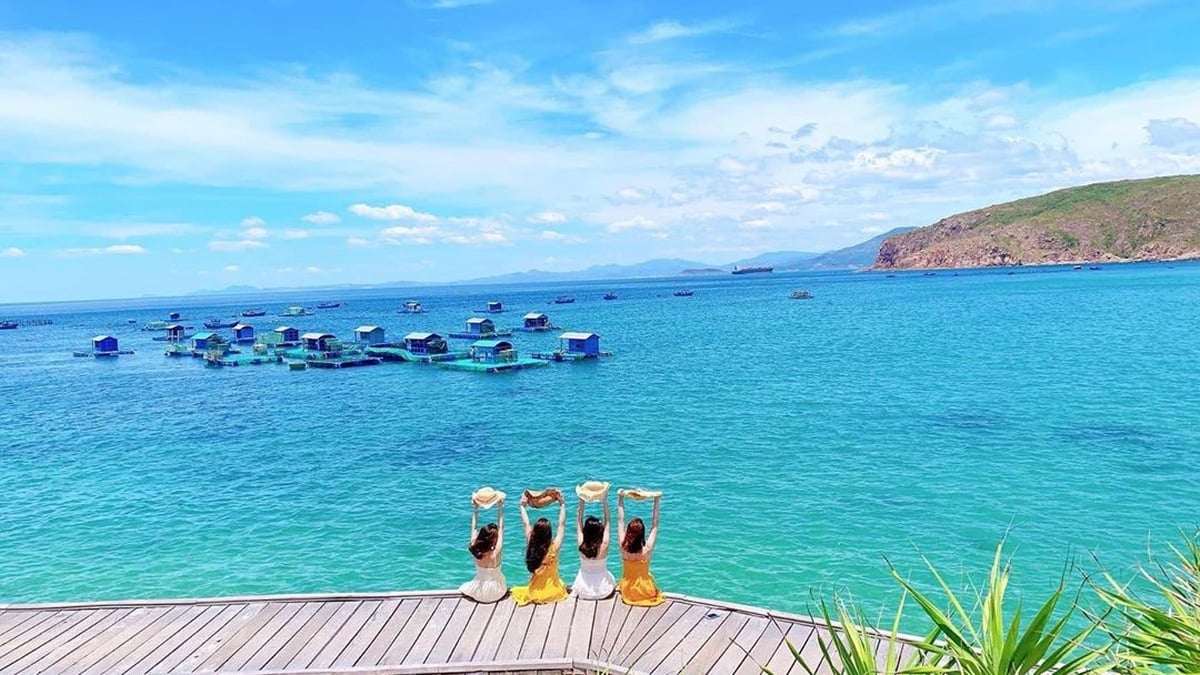
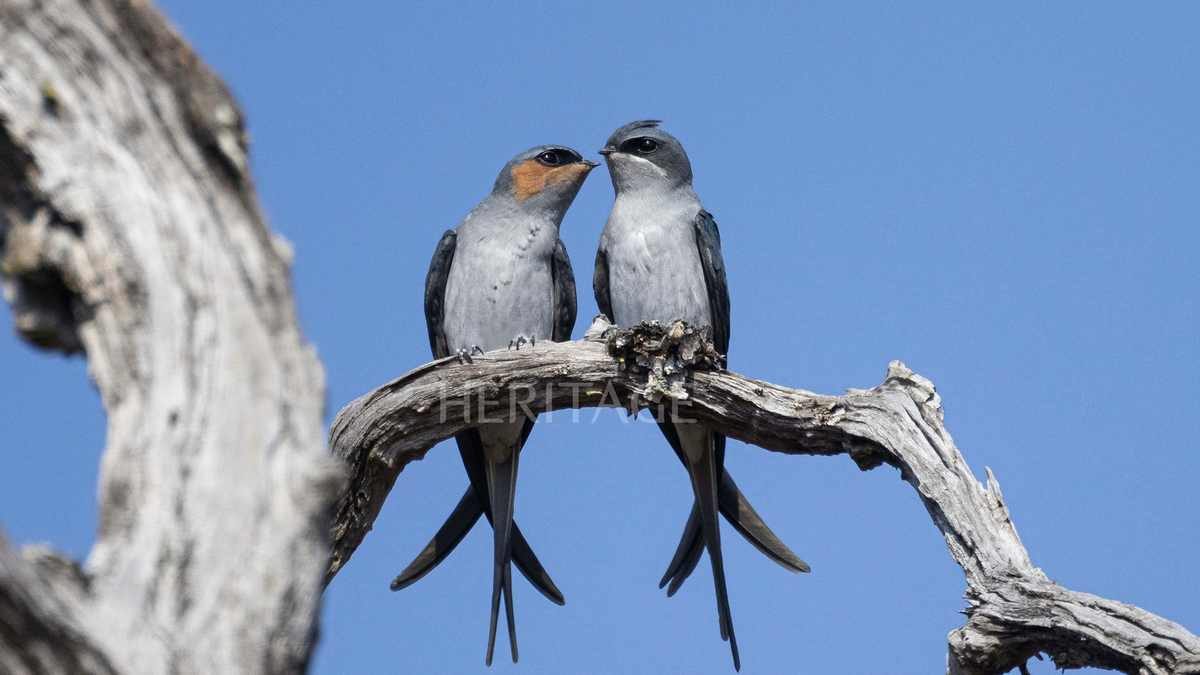

![[Photo] General Secretary To Lam receives First Deputy Secretary General of the African National Congress (ANC) of South Africa](https://vphoto.vietnam.vn/thumb/1200x675/vietnam/resource/IMAGE/2025/5/20/bb2999907e1245d5b4c7310a890d8201)
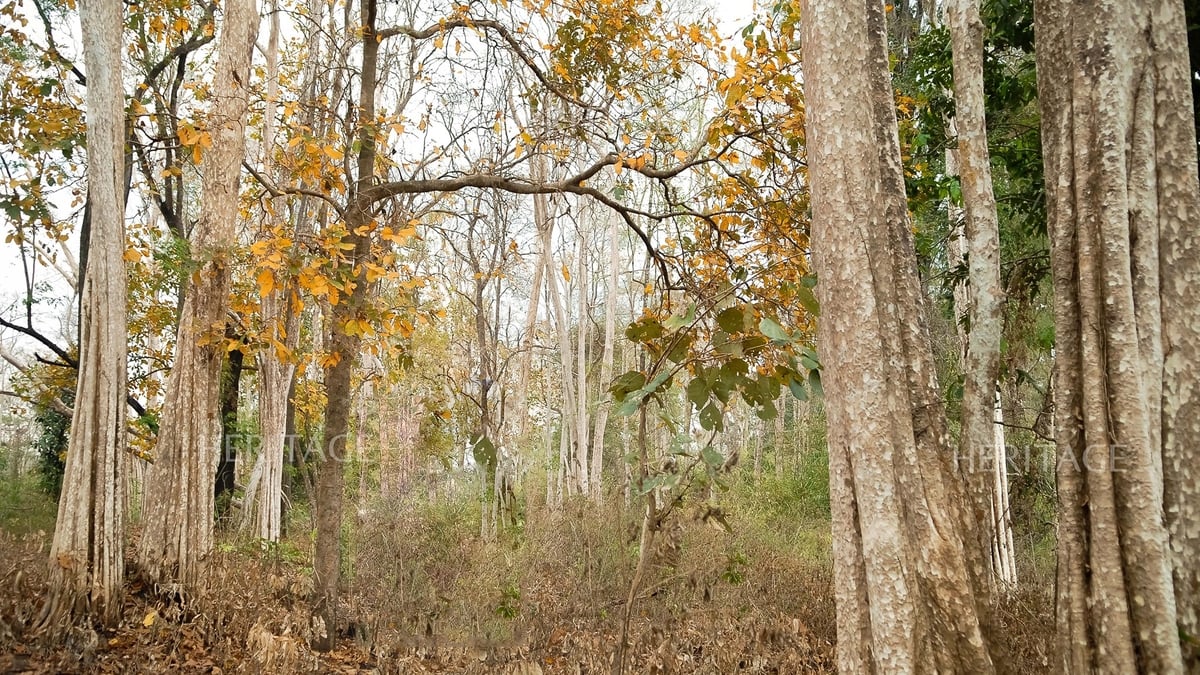
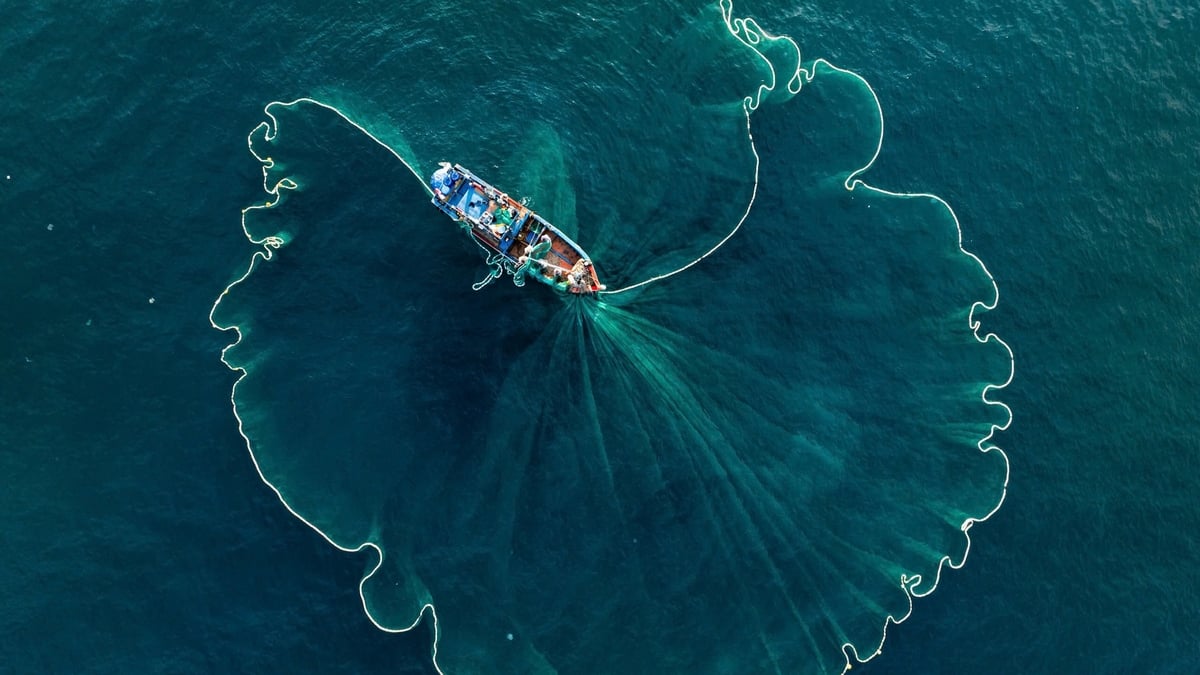






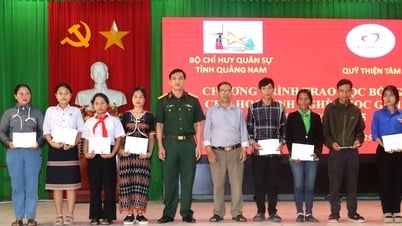








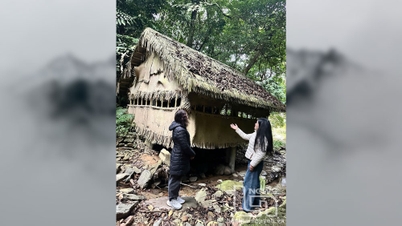
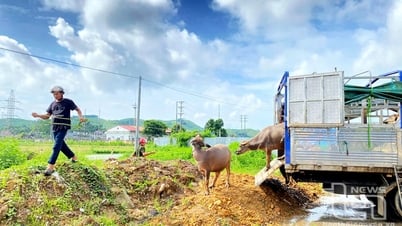

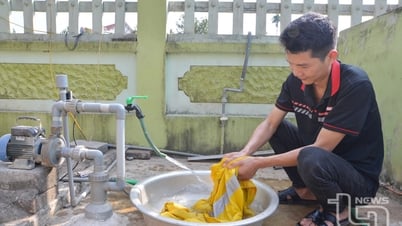
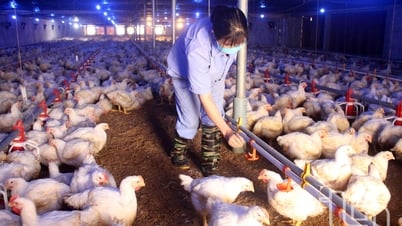
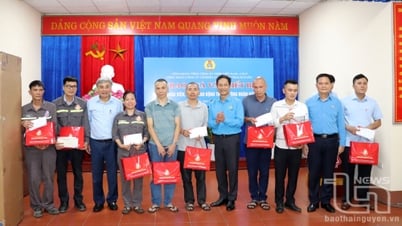
![[Photo] Award ceremony for works on studying and following President Ho Chi Minh](https://vphoto.vietnam.vn/thumb/1200x675/vietnam/resource/IMAGE/2025/5/20/a08ce9374fa544c292cca22d4424e6c0)
![[Photo] Vietnamese shipbuilding with the aspiration to reach out to the ocean](https://vphoto.vietnam.vn/thumb/1200x675/vietnam/resource/IMAGE/2025/5/20/24ecf0ba837b4c2a8b73853b45e40aa7)







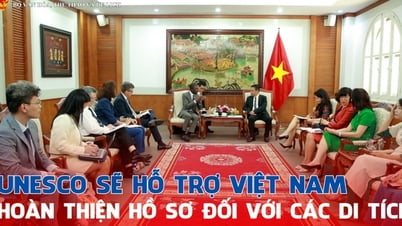

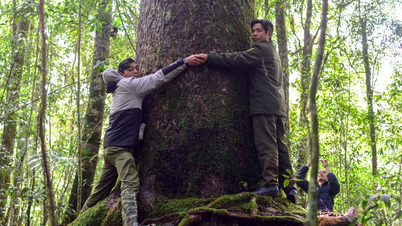


















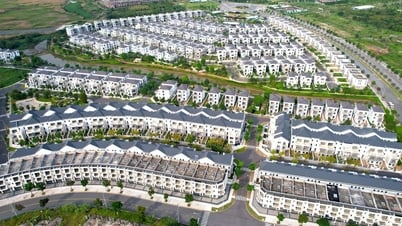


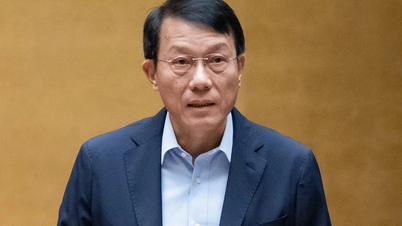


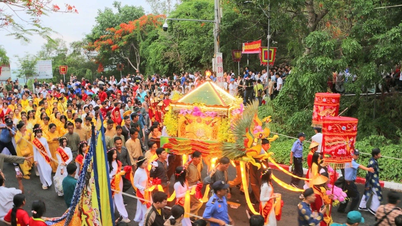


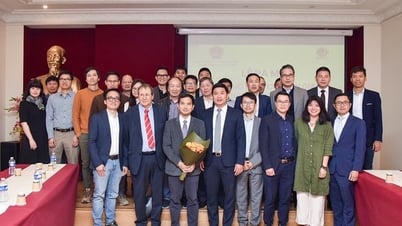




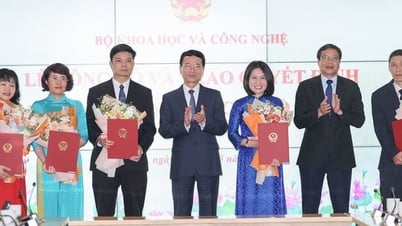
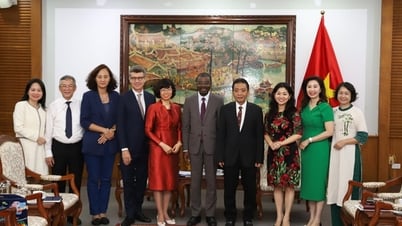

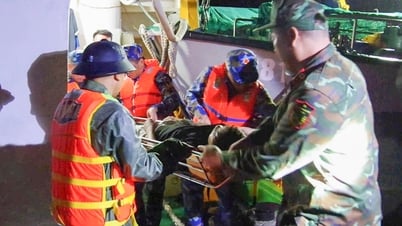












![[VIDEO] - Enhancing the value of Quang Nam OCOP products through trade connections](https://vphoto.vietnam.vn/thumb/402x226/vietnam/resource/IMAGE/2025/5/17/5be5b5fff1f14914986fad159097a677)
Comment (0)